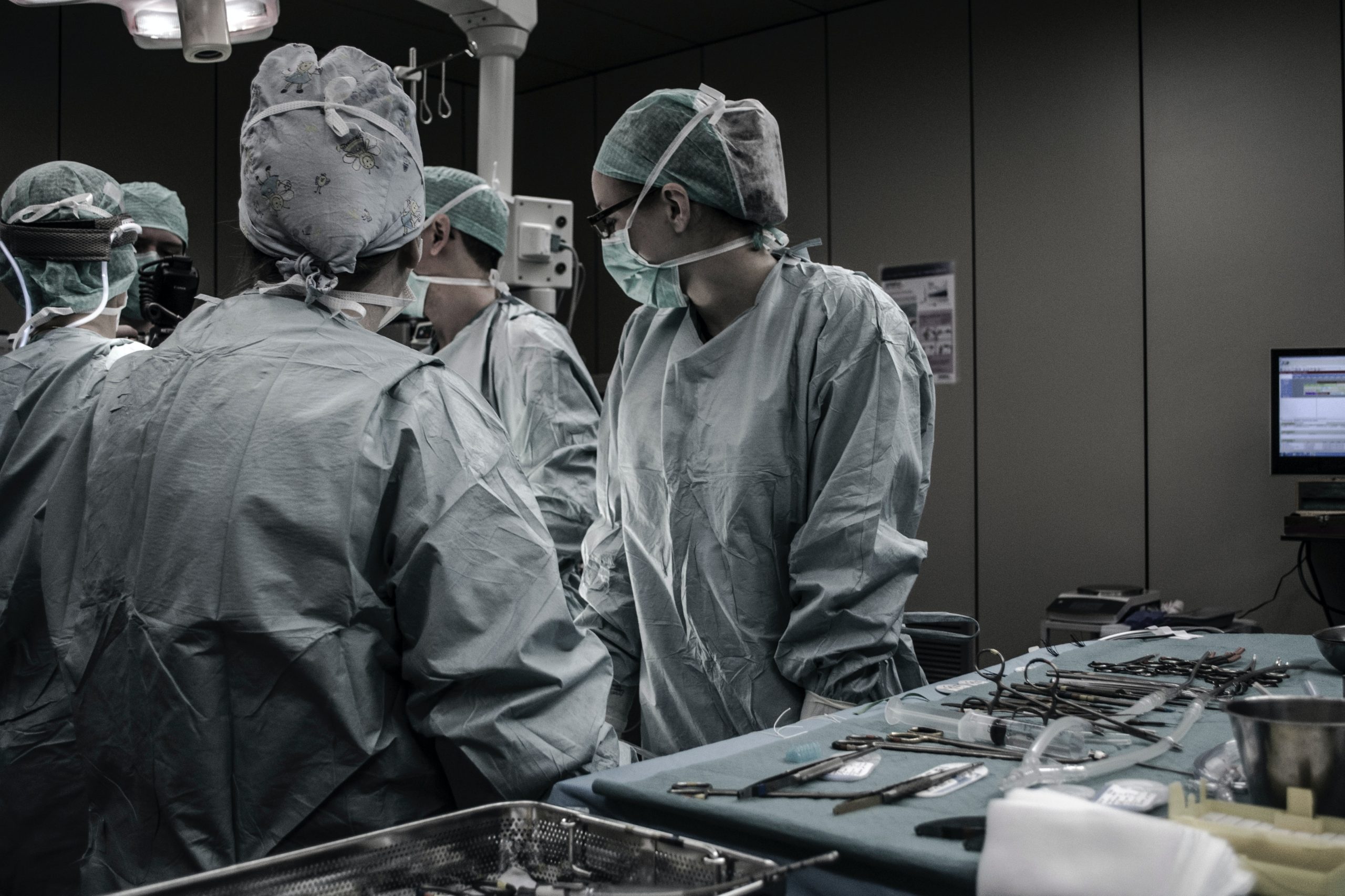The Five Most Common Types of Medical Malpractice
Medical malpractice is defined as any act or omission by a physician during the treatment of a patient that deviates from accepted norms of practice in the medical community and causes an injury to the patient.
A John Hopkins Hospital study disclosed that there are approximately 250 000 deaths each year in the United States as a direct result of medical errors.
Medical malpractice can occur in many forms.
Let’s assess the five most common types of medical malpractice together.
Misdiagnosis
Misdiagnosis is defined as the failure to:
- establish an accurate and timely explanation of the patient’s health problem(s) or
- communicate that explanation to the patient
These are diagnoses that are delayed, wrong, or missed altogether.
A delayed diagnosis should have been made earlier.
A wrong diagnosis is exactly that. It is a diagnosis that later proves to have been incorrect when the correct cause is discovered.
A missed diagnosis refers to a patient whose medical diagnosis has never been explained.
Mistakes in diagnosis will happen. Sometimes a doctor’s negligence causes them to overlook obvious symptoms which causes a worsening of the patient’s condition before they are correctly diagnosed.
Surgical Errors
A surgical error occurs when an injury is caused to a patient by a mistake made during the surgical procedure which should have been avoided if the proper duty of care was applied by the surgeon.
Surgical errors are much more common than people realize.
Examples of surgical errors include:
- Operating on the wrong body part
- Incisions made in wrong areas
- Cutting of a nerve
- Leaving a foreign body inside the patient
- Damage to other organs during the operation procedure
Anesthesia Errors
Anesthetics are provided to patients so that they do not feel pain whilst being operated on.
The provision of anesthetics is inherently risky, however, complications arise when anesthetists:
- Administer too much anesthetic
- Do not administer sufficient anesthetic
- Fail to monitor patients under anesthesia
- Fail to determine if patient allergies to anesthesia
- Fail to provide proper instructions to patients before administering anesthesia
- Use defective medical equipment while administering anesthetics
- Administer the wrong type of anesthetic
- Administer anesthetic too late
Prescription Drug errors
Sometimes doctors make mistakes when they prescribe medication for patients.
They may get the dosage wrong or prescribe the wrong medication.
Sometimes a doctor will prescribe a patient a drug that that patient is allergic to without questioning the patient before prescribing the drug.
Other mistakes here could involve prescribing drugs that combined have a disastrous effect on the human body.
Birth Injuries
Mistakes made during the birthing process causing injury to mother or child are also much more common than generally admitted.
Injuries could include:
- Nerve damage
- Spinal cord injuries
- Brain damage – cerebral palsy
- Muscle-related injuries (Brachial plexus)
- Birth injuries related to infections
- Injuries caused by infections
- Fracture of the clavicle
In Conclusion
If you or your loved ones believe that they have suffered injuries that may be the basis for a medical malpractice legal action, you should go and consult with a specialized experienced medical malpractice lawyer.

